Modest Jim Chalmers embarks on long road of tax and save for budget repair
Jim Chalmers will use a tax-and-save strategy to accelerate the long road to budget repair, banking more than half of windfall revenues to the bottom line.
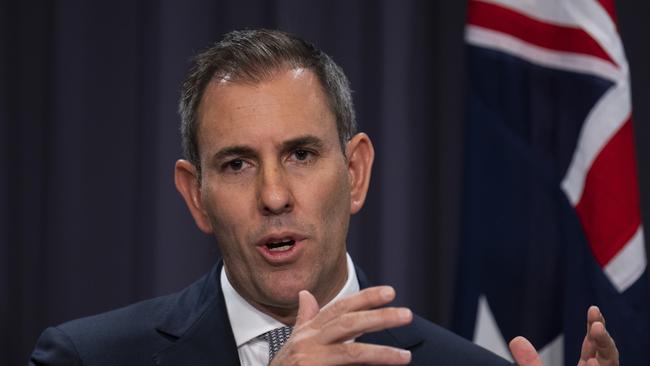
Jim Chalmers will use a tax-and-save strategy to accelerate the long road to budget repair, banking more than half of windfall revenues to the bottom line and pumping record surges in commodities and tax income into Labor’s cost-of-living package.
The Treasurer says his budget repair plan next Tuesday will be anchored by “modest” tax changes, spending restraint and redirecting additional savings into priority areas.
The Weekend Australian can reveal the budget will show higher than expected revenue from Labor’s super tax changes – doubling the concessional tax rate from 15 to 30 per cent – after Treasury added Australians on defined benefit schemes. The super tax policy, which will start in 2025, will be imposed on the earnings of super balances of more than $3m.
The Albanese government, which is on track to bank a surplus, is expected to collect more revenue from oil and gas companies under a shake-up of the Petroleum Resource Rent Tax and pocket savings from its franking credits overhaul.
Amid warnings of a global recession and economic slowdown later this year, Dr Chalmers on Saturday will reveal new forecasts showing improvement in the unemployment rate, which will remain at 3.5 per cent in the June quarter before peaking at 4.5 per cent in 2024-25.
The budget will downgrade inflation in 2023-24 and show real wages returning to positive growth earlier and more strongly than previously thought. Treasury predicts real wages growth of 0.75 of a percentage point over the year to June 2024, reflecting a half a percentage point upgrade since the October budget.
The budget forecasts an additional 500,000 jobs will be created by mid-2026, about 200,000 more than expected in October.
In a pre-budget interview with The Weekend Australian following the Reserve Bank board’s decision to lift rates for the 11th time in 12 months, Dr Chalmers said the government’s energy price relief plan and other cost-of-living support measures would not drive up inflation.
With economists predicting a small deficit in the budget, paving the way for the government to claim a surplus, Dr Chalmers said Treasury officials were crunching April data in the final days before the budget is printed on Saturday.
Despite substantial improvements this year and next, he said there were “good reasons to be cautious” and warned it would take multiple budgets to manage the long-term structural deficit.
Addressing the ballooning costs of the National Disability Insurance Scheme, debt interest payments, defence, health and aged care, Dr Chalmers said his three-part repair strategy would “make a difference to the medium-term structural prospects for the budget”.
“On the tax front, the priority is modest but meaningful changes in the areas that we have identified and that will make a structural difference to the budget. There will be additional savings in the budget and they will be redirected to priority areas and budget repair,” he said. “And there’s the budget restraint story that we’ve been talking about. Our efforts to offset defence spending over the forward estimates are important; our efforts on the NDIS agreed with the states and territories are important.
“We will make progress on the structural position but there is a lot of work to do because these spending pressures are intensifying rather than easing.”
After pledging in February to include Australians on defined benefit schemes in the super tax changes from 2025-26, Dr Chalmers said the budget included additional people above the 80,000 already identified. The Treasurer said revenue forecasts from the tax change would be “broadly similar” to the $900m expected over the forward estimates. The super tax change – before adding defined benefit scheme holders – was projected to raise $2bn in its first year of operation.
The energy bill relief package supporting vulnerable households, which includes eight separate deals with states and territories, is expected to cost more than the $1.5bn flagged by Anthony Albanese in December.
Dr Chalmers said it wouldn’t have a negative impact on inflation because the relief was “provided in the bills rather than sending people cheques”.
“It means that the cost of electricity is lower than it otherwise would be and that flows through to the inflation number,” he said.
“The amounts will be different based on the energy price pressures in your state and … the amounts the states are prepared to kick in. But it will be a really important part of the budget because it demonstrates we can provide this cost-of-living relief in a responsible way that takes some of the sting out of inflation. When it comes to inflation, it’s not just the aggregate spending and saving that matters; it’s whether you’re investing in fixing broken supply chains, which have been a big part of our inflation challenge.”
Dr Chalmers said much more than half of the revenue windfall would be pumped into the bottom line. “We saved almost all of it in October and we’ll save most of it in May as well and that’s a really important way that we avoid some of the debt that we inherited,” he said. “It’s an important way to put the budget on a more sustainable footing but especially at a time of persistently high inflation.”
The Treasurer said the budget included considerable investment in “laying the foundations of growth” with emphasis on clean-energy transformation. The Prime Minister, Dr Chalmers and Climate Change Minister Chris Bowen on Friday announced a new national net zero transition authority, which unions, industry and regional leaders have sought, to support workers and regional communities.
The authority, which requires legislation but will begin operation immediately as an agency in the Department of Prime Minister and Cabinet, will lead the push to reach Labor’s targets of 43 per cent emissions reduction by 2030 and net zero by 2050.
Under pressure from Labor MPs, the Greens and social services advocates to raise the JobSeeker rate and provide additional rent assistance, Dr Chalmers promised there would “be help for the most vulnerable and investments in the future”.
The budget is expected to include changes to eligibility rules for the single parenting payment, higher JobSeeker payments for over-55s and new programs helping long-term unemployed into work.
“It will be all about seeing people through and setting Australia up,” Dr Chalmers said. “And that is in the best traditions of Labor.”

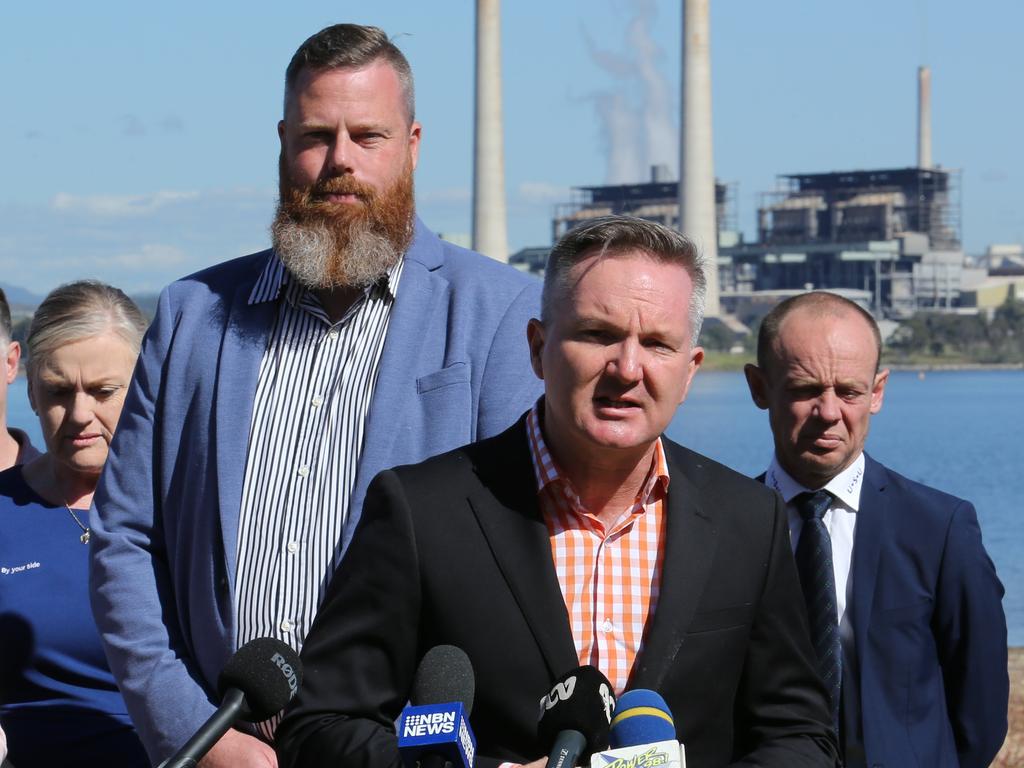
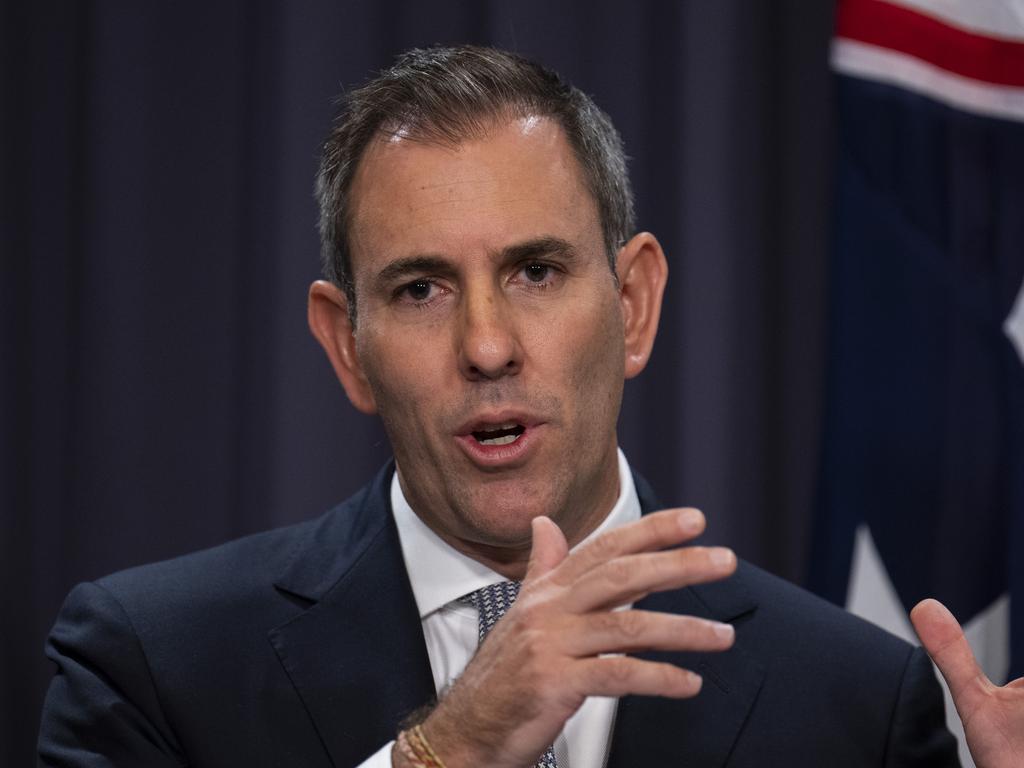
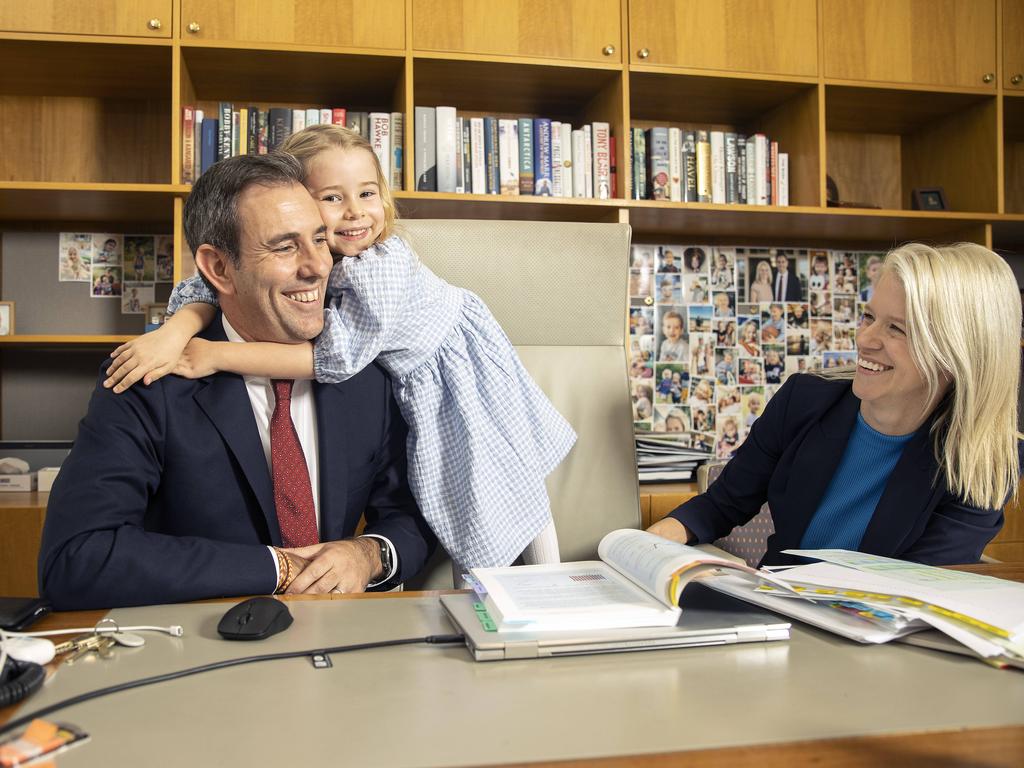
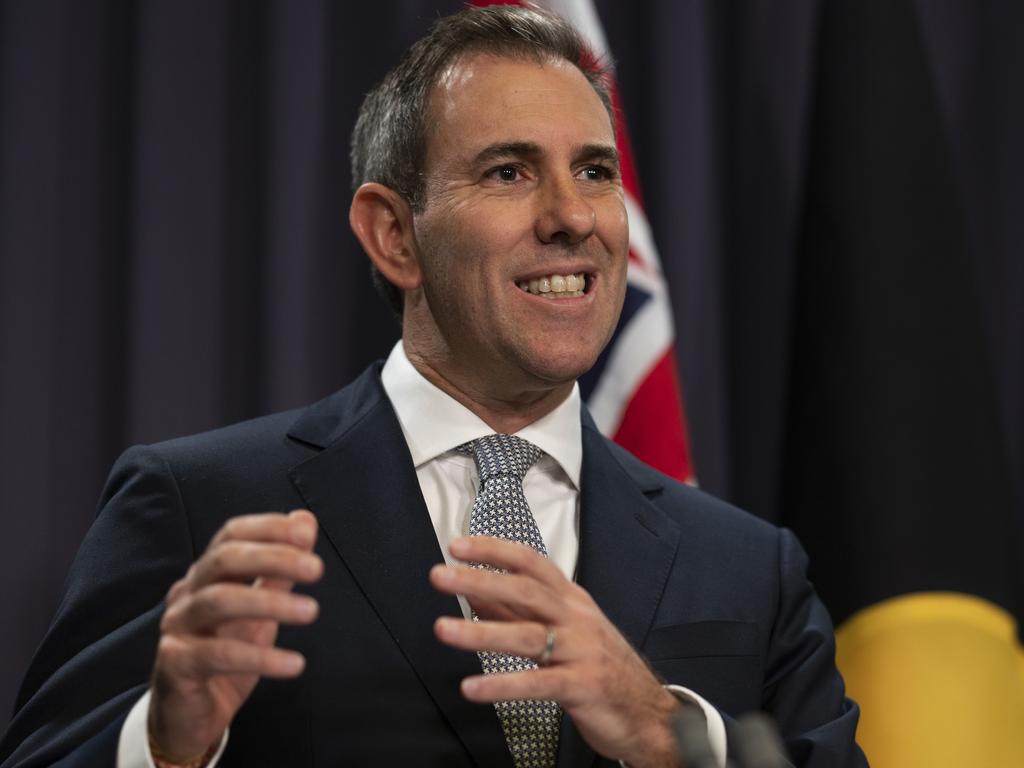


To join the conversation, please log in. Don't have an account? Register
Join the conversation, you are commenting as Logout